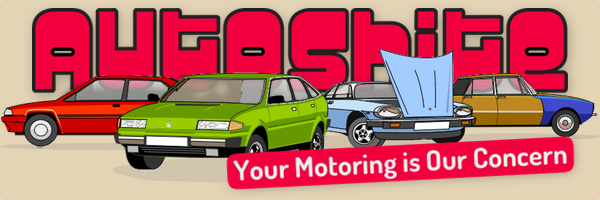Pointless engine combos.
-
Similar Content
-
Which engine? 1 2 3
By Six-cylinder,
- 76 replies
- 3,585 views
-
Weird engines 1 2 3 4
By Peter C,
- 100 replies
- 3,959 views
-
- 125 replies
- 8,471 views
-
500 quid massive engine challenge 1 2
By Dobloseven,
- 32 replies
- 2,378 views
-
- 6 replies
- 188 views
-





Recommended Posts
Create an account or sign in to comment
You need to be a member in order to leave a comment
Create an account
Sign up for a new account in our community. It's easy!
Register a new accountSign in
Already have an account? Sign in here.
Sign In Now